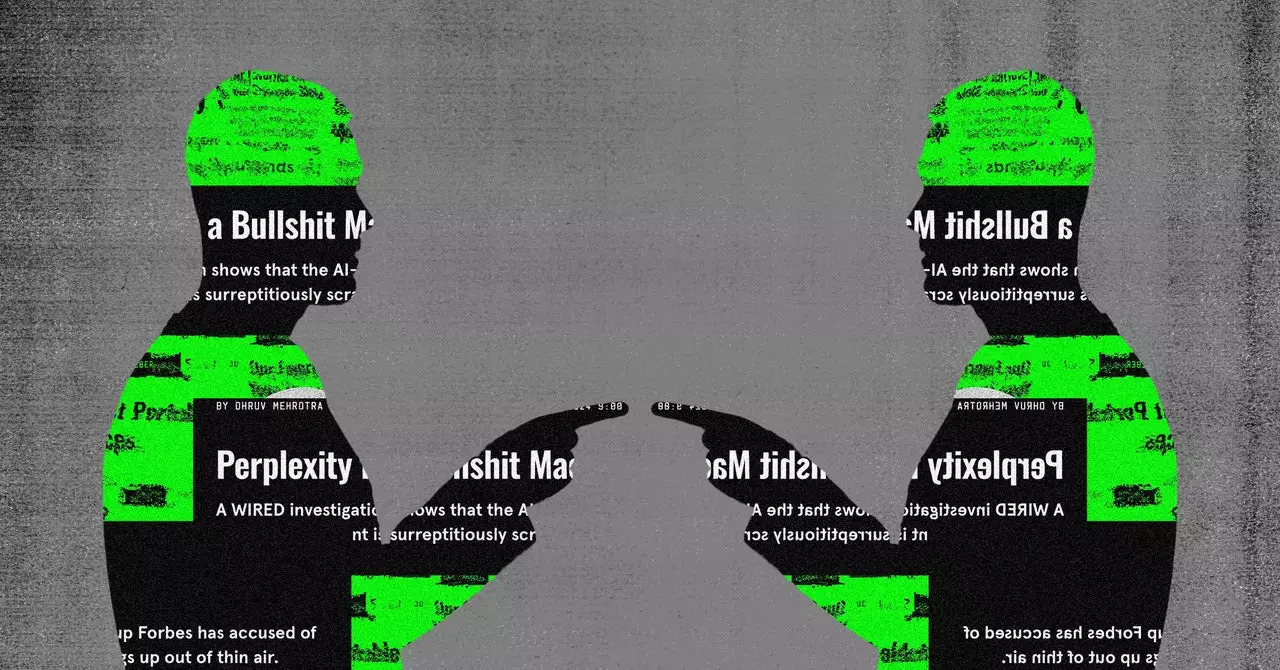The use of AI in generating content has raised numerous legal concerns, particularly in relation to copyright laws. The article highlights that there is a risk of legal consequences if AI-generated content is summarized incorrectly and leads to defamation. This poses a significant challenge as AI technologies may not always produce accurate information, which can potentially result in legal disputes.
It is crucial to note that the responsibility lies with the creators and developers of AI systems to ensure that the content generated is not defamatory or misleading. The article suggests that if the edits made by AI systems contribute to the defamatory nature of the content, legal protections under Section 230 may not apply. This highlights the need for strict guidelines and oversight in the development and use of AI technologies to prevent legal liabilities.
Expert Opinions on Copyright Infringement
The article discusses differing opinions among legal experts regarding copyright infringement in AI-generated content. While some experts argue that copying one sentence verbatim may not constitute infringement, others emphasize the importance of substantial similarity in determining copyright violations. This divergence in viewpoints underscores the complexity of applying traditional copyright laws to AI technologies.
It is evident that the existing legal framework may not adequately address the unique challenges posed by AI-generated content. The focus on technical merits of copyright claims may overlook the broader implications of AI technology on creative industries. Experts suggest the need for a new legal framework to address market distortions and promote the original intent of copyright laws – to incentivize creators and protect intellectual property rights.
The Future of Creative Economies in the Age of AI
The article raises important questions about the future of creative economies in light of AI advancements. The increasing prevalence of generative AI in content creation highlights the potential for large-scale copyright infringement and challenges the traditional models of intellectual property protection. Experts express concerns about the impact of AI on creative ecosystems and the livelihood of creators who rely on their work for financial sustenance.
As AI technology continues to evolve and reshape industries, it is essential to consider the implications for copyright laws and the creative economy. Finding a balance between promoting innovation through AI and safeguarding the rights of creators is crucial to ensuring a sustainable and equitable creative landscape. The article underscores the need for proactive measures to address the challenges posed by AI-generated content and protect the integrity of intellectual property rights.


Leave a Reply
You must be logged in to post a comment.